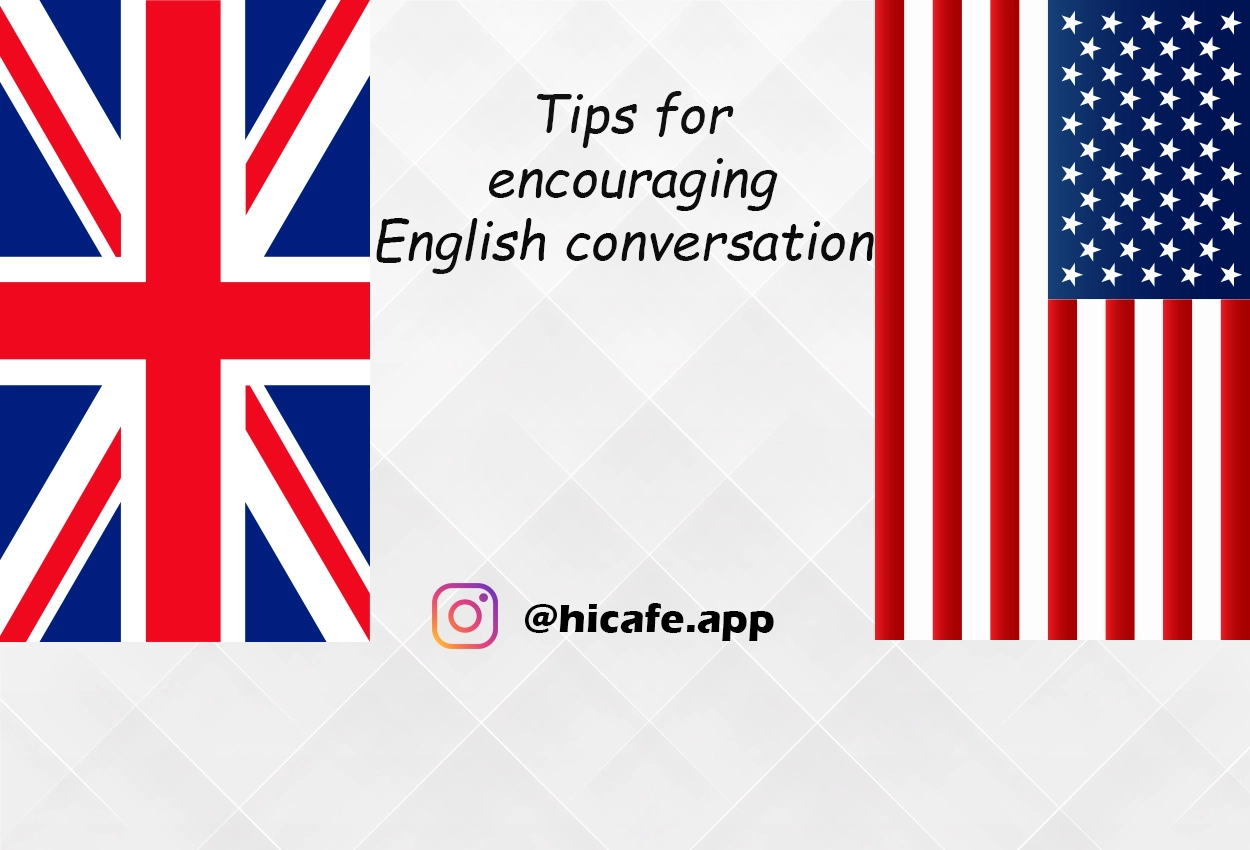
Sometimes it is difficult to keep a conversation going. Even if you understand what the other person is saying, you can feel lost or frozen when it is your turn to speak. The words or phrases you need do not often come quickly enough to mind. As a result, you may feel embarrassed or otherwise lose your confidence in the next conversation. This lesson teaches how to keep a conversation going in English!
The more opportunities you can get to use and speak English, the easier it is to find the right words when you need them. So make the most of any chance you get to speak English!
How to Be Confident in Speaking English
Here are some useful ways to keep the conversation going. The good news is that you do not actually need many words to do this!
1. Show interest in the other speaker
You do not need to say much, so just be an active listener. Often just one word is needed to show you are interested and listening. Try words like Really, Right or Sure. You could even show you are listening with a non-word such as Mmm or Uh-huh. By using said words and paying attention to what the other person is saying, you can get the conversation going. Lastly, you can just use body language like eye contact or nodding to show that you are actively listening to what the other person is saying.
I can not stand watching junk on the TV.
Right.
There were no people in the subway station yesterday.
Really
2. Use a short phrase to show your feelings
For example, How awful, Oh no!, You must be joking, What a pity, unbelievable etc.
My friend had a bike accident yesterday.
Oh no!
Yes, but thankfully he wasn’t hurt.
Wow or wonderful
3. Ask a short question
You can use an auxiliary verb to make a short question which will encourage the other speaker to keep talking:
We tried out the new Mexican restaurant last night.
Did you?
I am going to Canada next month for business trip.
Are you? Lucky you!
It is rainy again.
Is it?”
4. Repeat what the other person said
Do this especially if the other person has said something surprising.
He won $1000 on the lottery.
$1000!
I’m going to France next week.
France!
Other ways to avoid silence
Here are some more tips to help you say something – even if you haven’t understood the other person or there’s nothing else to say.
If you do not understand
- Sorry, I do not get it.
- Sorry, could you repeat that?
- Sorry, I do not understand it.
Watch below short video:
Click here to practice this conversation tip in Instagram.
If you don’t know the word
- I can’t find the word I’m looking for…
- I’m not sure that this is the right word, but…
- What I want to say is…
- For lack of better words,….
- The exact word is on the tip of my tongue but I can’t recall it
Watch below short video:
Click here to practice this conversation tip in Instagram.
If you can’t find the word immediately
You do not want to be completely silent, but you need time to find the words.
- Well…
- OK…
- So…
You can even make some noises
- Hmmm…
- Uh-huh
- Umm…
Agreeing with the other person
You want to show that you agree, but you do not have anything else to say.
- Yeah.
- Right.
- Point Taken
- You can say that again
Watch the below short video:
Click here to practice this conversation tip in Instagram.
Changing the subject
Everyone in the conversation has shared their opinion or ideas, and now it is your turn to talk about something else.
- Anyway,…
- Well, as I was saying…
- So, back to …
- So, we were saying …
- Rephrase
- How about changing the subject
Watch the below short video:
Click here to practice this conversation tip in Instagram.
To say something again
Sometimes we say things that other people do not understand, or we give the wrong impression. Here are some expressions you can use to say something again.
- What I meant to say was…
- Let me rephrase that…
- Let me put this another way…
- Perhaps I’m not making myself clear…
Watch the below short video:
Click here to practice this conversation tip in Instagram.
Go back to the beginning
If you are explaining something, and you noticed that the other person does not get what you are saying, you can use the following phrases:
- If we go back to the beginning…
- The basic idea is…
- One way of looking at it is…
- Another way of looking at it is…
Watch the below short video:
Click here to practice this conversation tip in Instagram.
Conclusion
In this article, we discuss practical tips for keeping the conversation going like using short questions or phrases to show that you are following what the other person is saying. Also, we explain how to manage situations where you run out of words in conversation or go into silence.
Next Conversation Tip Lesson
100 Phrases in English for Beginners
Related Conversation Lessons
None
Practice Conversation with HiCafe App
By using HiCafe App, you can join free discussion events and Practice English Conversation online or in-person and improve your verbal skills.
All Conversation Lessons
To see and read all of our conversation lessons, you can visit our Improve English Speaking Skills page.


